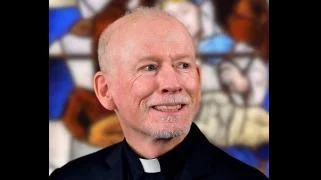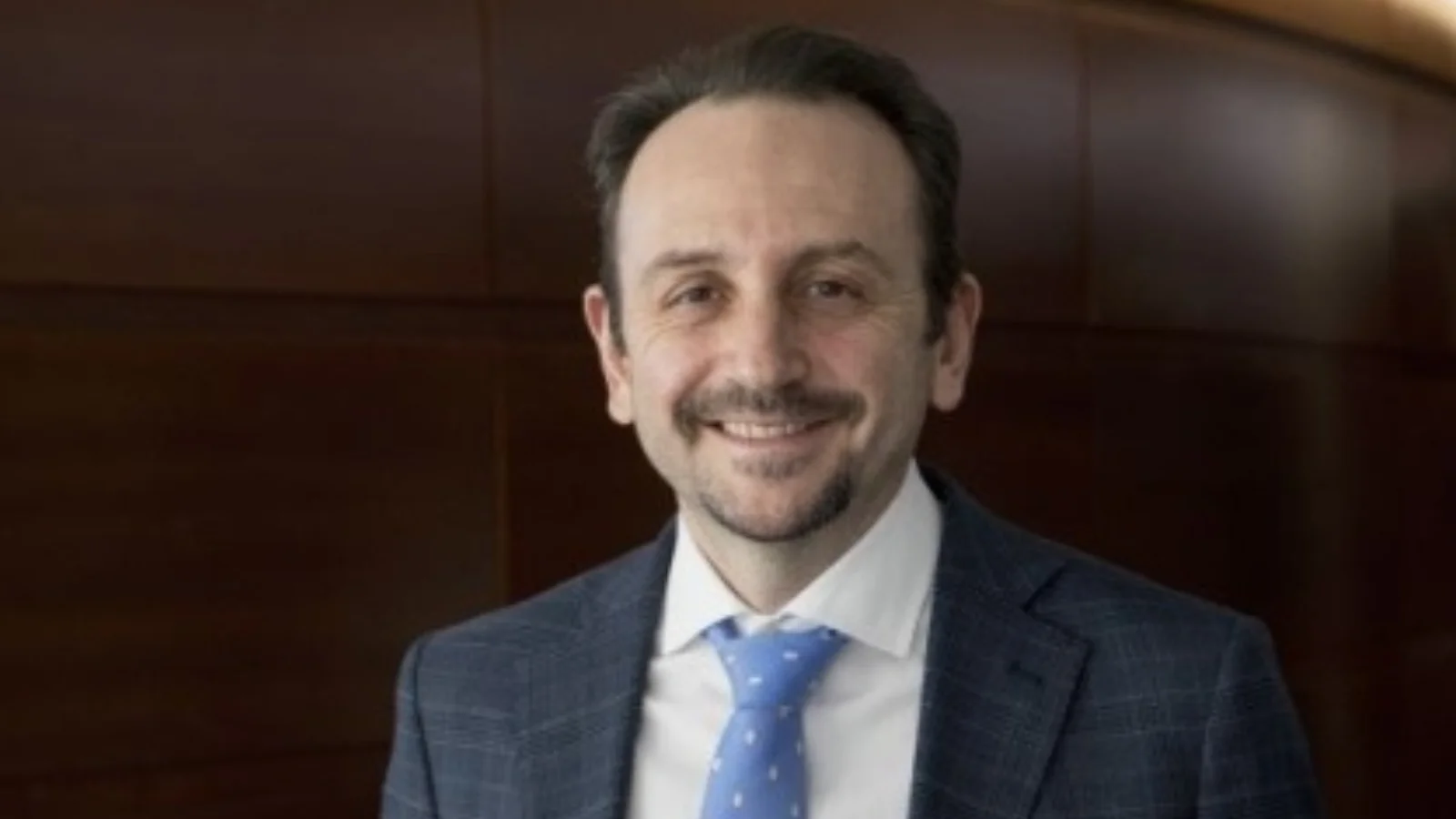
Rev. Brian J. Shanley, O.P. President | St. John's University website
Makousse Ilboudo, a 2016 graduate of St. John's University School of Law, credits her experience with the Journal of Civil Rights and Economic Development (JCRED) as instrumental in shaping her commitment to public service. Now serving as Executive Director of the New York City Mayor’s Office to Facilitate Pro Bono Legal Assistance, Ilboudo has returned to JCRED as an Alumni Advisor, aiming to support current students as they bridge academic study and practical legal work.
“Being an Alumni Advisor feels like coming full circle,” said Ilboudo. “JCRED helped me find my professional voice, and I want to do the same for the next generation of St. John’s lawyers. There is something rewarding about helping others bridge the gap between academia and the practical realities of using law to serve the public. I know how transformative those conversations can be as they shape how future lawyers think about justice, equity, and their role in advancing both.”
Ilboudo is joined by Ralph Carter (Class of 2014), Senior Counsel for Litigation & Cybersecurity Legal at Workday, and Ayanna Thomas (Class of 2015), General Counsel at Democracy Prep Public Schools, in advising second-year law students on developing scholarly notes for publication. The alumni meet regularly with students to review drafts and offer guidance.
Carter reflected on his own experience with JCRED: “I appreciated how my Alumni Advisor encouraged me to think critically about my JCRED note,” he said. “Now I’m proud to support the timely work of my advisees, who have chosen topics exploring how technological advancements—like Generative AI—challenge notions of equity and justice under the law.”
Carter also participated as a guest speaker in Perspectives on Justice—a required course for JCRED students that examines racial, social, and economic justice issues—sharing insights into technology’s impact on legal practice. “I was very impressed with our discussion on Generative AI and the law,” he stated. “The students are clearly intentional about preparing themselves for what seems to be an incredible inflection point in the profession. They will be well equipped to navigate the changes in how law is practiced.”
Ayanna Thomas contributed by discussing disparities in school suspensions affecting students with disabilities during class sessions: “I care deeply about students with disabilities and ensuring that schools are complying with special education law,” she explained. “The Perspective on Justice students had small-group discussions on topics that resonated with them before we met as a class. They were thoughtful, engaged, and asked insightful questions that kept me on my toes.”
Thomas values one-on-one interactions with her advisees: “Our meeting collaborations have been a highlight,” she noted. “They provide a safe space for students to openly reflect on their ideas, and I can help guide them in synthesizing their thoughts. I see myself as their creative thought partner. For example, we may work on bolstering topic sentences and headings, organizing sections of their note for clarity, or refining solutions to legal problems. It’s rewarding to witness the evolution of their writing from an initial idea to a polished work product.”
Professor Rosa Castello serves as Faculty Advisor for JCRED alongside Professor Elaine Chiu; together they co-teach Perspectives on Justice. Professor Castello described alumni involvement as central to JCRED’s mission: “Having Alumni Advisors is an opportunity for us and the students to expand our understanding about current civil rights practices and deepen our connection to alumni,” she said. “It's really been wonderful to see our former students now in leadership and mentorship roles, making meaningful impacts in the profession while also helping guide and shape our current students to a similarly successful career path.”
Ilboudo expressed admiration for this year’s group of student participants: “They are not afraid to challenge long-standing assumptions or question the structures that perpetuate inequity,” she observed. “They are committed to offering solutions—even if those solutions aren’t perfect. They blend critical thinking with imagination, and rigorous research with empathy. They see the law as both a tool and a responsibility, and watching them engage with issues of racial, social, and economic justice reminds me that progress is possible.”





 Alerts Sign-up
Alerts Sign-up